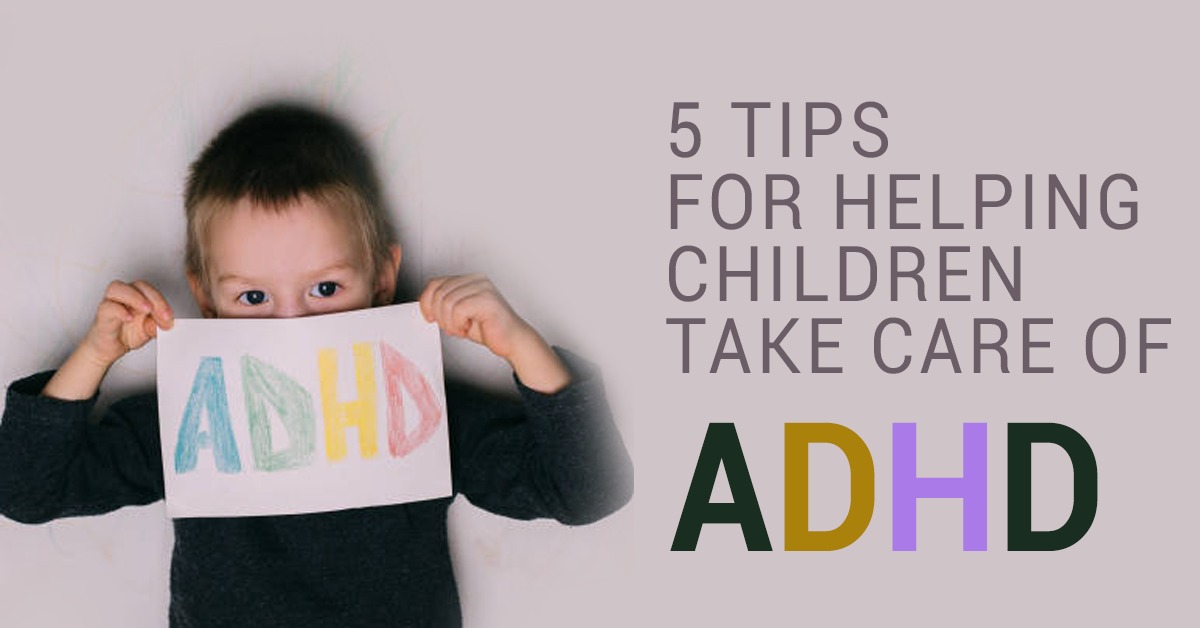5 Tips for Helping Children Take Care of ADHD
Everyone experiences worry, rage, and impatience on occasion, but attention deficit hyperactivity disorder (ADHD) magnifies such feelings. In some situations, your mood swings can interfere with your employment, family life, or friendships, leaving you feeling helpless or depressed.
ADHD medicine can be quite beneficial in terms of focus, anxiety, and mood swings, but it is not a cure-all. After all, ADHD appears in a variety of ways, and it can be tough to get a Diagnosis for ADHD & find the proper dosage to combat your specific collection of symptoms.
If you find that your moods are getting the best of you, it may be time to contact a psychiatrist. To find the professional, who provides the service of ADHD Diagnosis near you simply Search for ADHD Psychiatrists near me on google. However, there are many things you may do on your own time to help balance out your volatile temperament. Here are nine quick ideas for dealing with mood swings:
1. Schedule time to vent
Allowing feelings and reactions to rising up inside you can be uncomfortable and dangerous. Instead, set aside time each week — or even every day if necessary — to unwind with a fun, lively activity. Dance to loud music, attend an exciting sporting event or enroll in a fitness class at your local gym. Anything that serves as a stress reliever will suffice. Although it is necessary to express your rage or irritation, it is equally necessary to set aside time to be calm. In both circumstances, physically scheduling the activity will assist you in sticking to the plan and not feeling guilty about taking time out for yourself.
2. Work on shifting your focus
Once you've accepted your emotional whims, you may concentrate on getting through the mood swing rather than why it happened. Don't waste time blaming yourself or others. Rather, develop techniques to make the problem go away faster.
Make it a habit to engage in an activity whenever your mood changes. A book, video game, or discussion can be enough to lift you out of your mental funk. Remind yourself (aloud if necessary) that this emotion will pass, and it's best to just wait it out rather than try to figure out what's causing it.
3. Prepare for days when you feel down.
An exciting or successful event might have a melancholy aftereffect for many persons with ADHD. It may appear unusual, but once the stimulus has worn off and the challenge has been completed, persons with ADHD may miss the struggle and swing to the other emotional extreme. Knowing this is possible, you can prepare for the blues by keeping some useful distractions nearby. Keep a list of optimistic, upbeat people on hand to contact when you need a pick-me-up, and keep your favorite movies on hand. It's also a good idea to have your exercise bag or equipment near the front door so you can hit the road or go to the gym whenever you need an endorphin surge.
4. Don’t “hyperfocus”
ADHD is frequently associated with a short attention span, but this is not totally correct. The disease is characterized by an uncontrolled attention span, which might present in the opposite way. Children and adults with ADHD might focus intensely on things, which can be a blessing or a curse. Learn to use your hyperfocus to your advantage rather than allowing it to lead you astray emotionally. When you're in a terrible mood, turn to your passion, whether it's the job or a hobby. Find ways to make the chores around you more enjoyable so that you may shake off the emotional load and simply enjoy what's in front of you until the mood passes.
5. Exercise often
Staying active keeps you balanced. Although difficult activities and intense sports might increase energy and anger, the endorphins released almost immediately enhance your mood. Few therapies can relieve stress, burn off frustration, and restore concentration as effectively as regular exercise. Don't give up if you can't squeeze a whole routine into each day. According to studies, even brief workout sessions spaced throughout the day might produce the same results as one long workout session. Find one workout — or, better yet, a few pastimes — that you actually enjoy and can do frequently.
